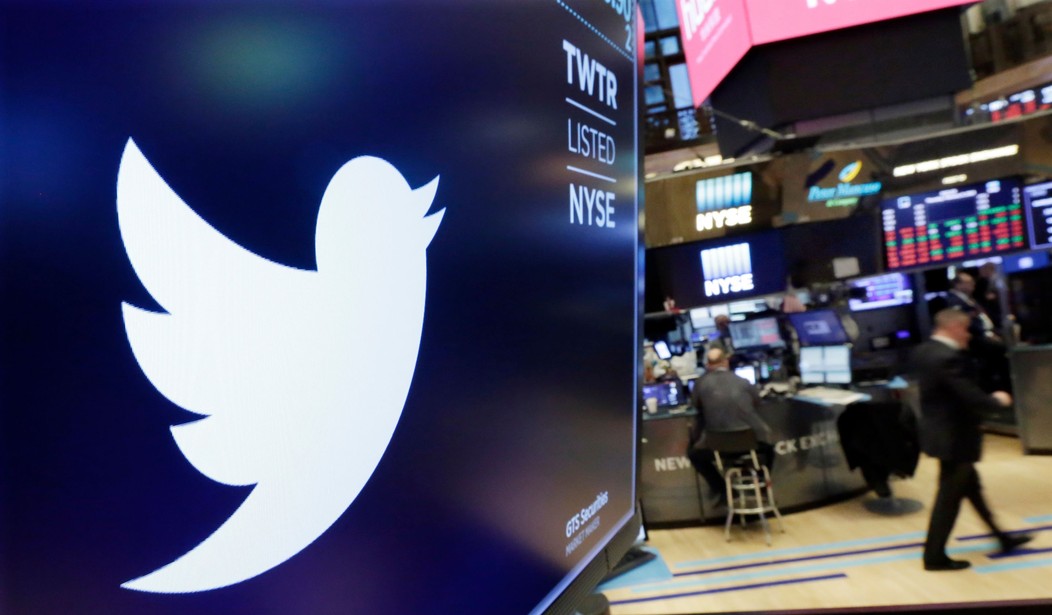In case you’ve never heard of Jaron Lanier, he’s a computer scientist as well as a published poet, composer, and artist. He’s credited with having coined the term “virtual reality” back in the day. He’s also someone who does a lot of ruminating on technology in general and, more recently, social media. And while many of us complain about Twitter, Facebook, and the rest of the platforms controlled by Big Tech, Lanier isn’t just upset about the prospect of his blue checkmark being taken away. He believes that social media has simultaneously become so controlling and corrosive that it could literally bring mankind to the brink of extinction. The Guardian interviewed him this week and he shared some of his concerns, along with his hope that we can still overcome these perils as a society.
“People survive by passing information between themselves,” Lanier, 61, told the Guardian in an interview. “We’re putting that fundamental quality of humanness through a process with an inherent incentive for corruption and degradation. The fundamental drama of this period is whether we can figure out how to survive properly with those elements or not.”
The exaggerated focus on Twitter in recent months after its chaotic take over by billionaire Elon Musk follows longstanding concerns about Facebook and others, including state actors. He mentions “psychological operatives” working for Vladimir Putin and the Chinese communist state apparatus. All of them are filtering or promoting information for their own gains. In short, the web is not a free market of information as originally envisioned. It is a gamed system being rampantly abused.
“There are all kind of intermediaries. They might be the people who own a platform, recently Elon Musk, or third parties who are good at sneaking in influence. The interveners can be varied. Some are official, some are revealed, others hidden.
Don’t get the impression that Lanier is following some sort of specifically left-wing or right-wing train of thought here. He’s not. He sees plenty to criticize across the entire ideological spectrum, but he’s particularly concerned about how interpersonal relations and the transfer of information are now clutched in the iron grip of the tech giants. He refers to Facebook and Google as “spy agencies.”
He speaks passionately about the need for an open transfer of information of all sorts. People can’t make the best decisions if they can’t access all of the possible information relevant to the topic at hand. And when Big Tech can sensor anyone they choose and filter which information you see, they control a vastly larger amount of power over you than even the most skeptical might have imagined.
But how does this lead to literal extinction? Lanier isn’t very clear on that. He said that he believes extinction is “on the table,” but doesn’t go into much more detail. He may be talking about climate change, because at one point he says, “if we can coordinate ourselves to solve the climate crisis it’s a fundamental sign we haven’t become completely dysfunctional.” So take that as you will.
I’m not sure about extinction, but I completely agree that the current state of social media is a growing threat and could usher us into a very bad place. Of course, I’ve been saying for well over a decade that the advent of the internet has produced far more bad than good and it’s had a corrosive effect on most of humanity. And yes, I understand the deconstructive nature of someone who earns their living online and who is almost welded to Twitter for most of the day talking about how terrible it all is.
But I still agree with one of the other points that Lanier makes in the interview. Social media has a way of providing “rewards” (in the form of more clicks, quotes, and influence) for bad behavior while typically leaving good behavior in the shadows. And no matter how hard we may try, most of us tend to have a Pavlovian response to rewards once we develop a taste for them. If social media platforms are destructive hellholes, it’s not simply because people like Mark Zuckerberg or Elon Musk intended them to be that way. It’s because we were turned loose in a new digital playground with virtually no guardrails and the algorithms just fed us what we responded to the most strongly. Then, when the tech giants and the bigger governments realized the sort of power and control that were available if you could manipulate those platforms in your own favor, well… it was a self-fulfilling prophecy, wasn’t it?








Join the conversation as a VIP Member